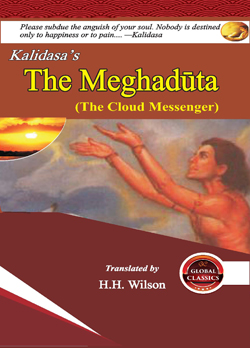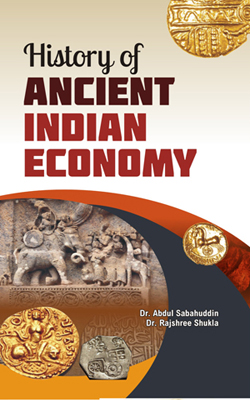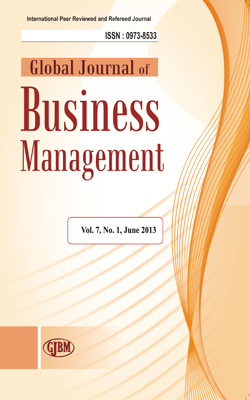Description
About the Book
The Meghaduta or Cloud Messenger, a masterpiece of Sanskrit literature, was composed by the court poet Kalidasa before AD 634 in northern India. A Yaksha or nature deity begs a passing cloud to carry a message across the subcontinent to his grieving consort in the fabled city of Alaká. Under this fiction, Kalidasa presents a sympathetic portrait of northern India, and weaves in the various moods of love traditional in classical Sanskrit poetry.
The poem is written in unrhymed stanzas of four lines in the slow-moving Mandakrata measure. Many translations exist, generally in the style of their period, some being designed to help Sanskrit students understand the grammar and vocabulary of Kalidasa’s elevated and harmonious language.
The book is for the general reader, and includes a brief treatments of alternative readings, metrical issues, and the aims of Sanskrit poetry.
About the Author
Horace Hayman Wilson (1786-1860) was an English orientalist who lived many years in India and translated several Sanskrit texts. He was the first to make a translation of the complete Rig Veda (Rig-Veda Sanhitá: A Collection of Ancient Hindu Hymns), which was published in six volumes during the years 1850-88. In 1813 he published the Sanskrit text with a free translation in English rhymed verse of Kalidasa‘s lyrical poem, the Meghaduuta, or Cloud-Messenger.











Reviews
There are no reviews yet.